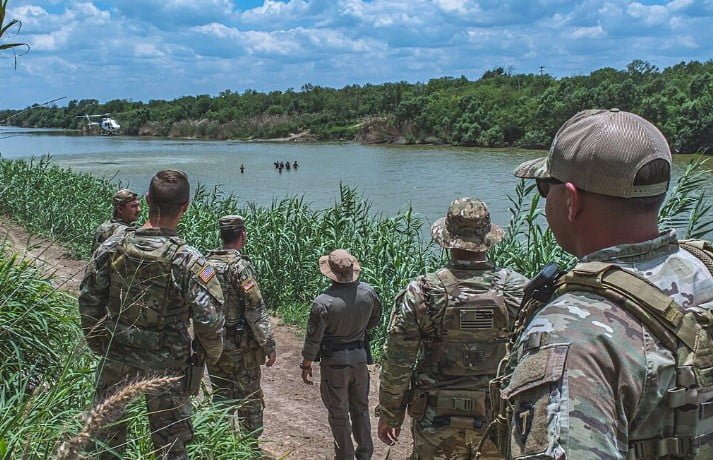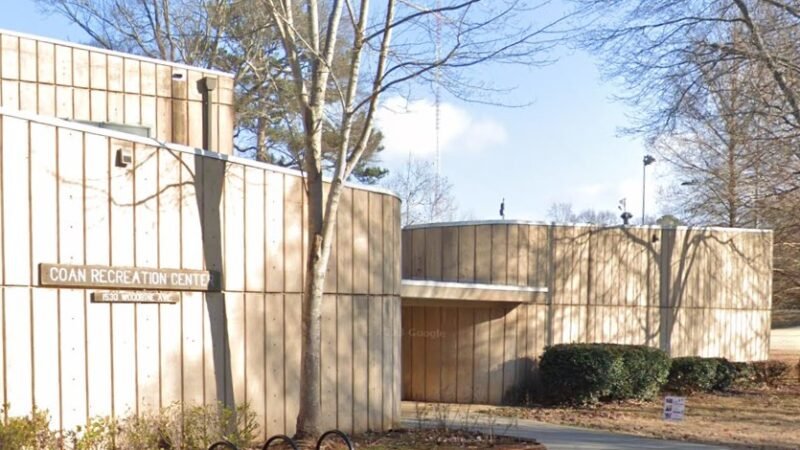Georgia National Guard Troops Deployed to Southern Border in Support of Operation Lone Star

Georgia Governor Brian P. Kemp has directed the deployment of additional troops from the Georgia National Guard to the U.S. southern border, in support of Operation Lone Star, an initiative aimed at preventing the illegal flow of migrants and threats to public safety. This decision follows Governor Kemp’s recent visit to the border and marks Georgia’s continued commitment to border security since 2019.
Governor Kemp emphasized the need for states to step up due to what he described as the federal government’s failure to address the border crisis. He expressed Georgia’s readiness to support Texas, stating that every state is now effectively a border state.
The deployed Georgia guardsmen, expected to be sent in the Spring, will assist in constructing a forward command post on the Texas-Mexico border, leveraging their engineering, mechanical, and general purpose skills. Close coordination between Georgia and Texas Guard leadership will tailor the mission to meet Texas’ specific needs.
Lieutenant Governor Burt Jones echoed Governor Kemp’s sentiments, citing concerns about the impact of illegal immigration on public safety and the foster care system in Georgia. The state legislature passed resolutions reaffirming support for Texas’ mission and emphasizing the bipartisan nature of the issue.
Georgia’s involvement in Operation Lone Star is part of a broader effort, including participation in the American Governors’ Border Strike Task Force, aimed at disrupting transnational criminal organizations and addressing the root causes of illegal immigration.
The situation at the border has intensified, with millions of illegal crossings and a record number of individuals on the terror watchlist encountered in Fiscal Year 2023. Operation Lone Star’s efforts have resulted in significant drug seizures, but the strain on states and cities across the country persists, with the federal government offering reimbursements instead of addressing underlying issues.
Governor Kemp’s decision reflects ongoing concerns about border security and the need for collaborative efforts to address the challenges posed by illegal immigration.






